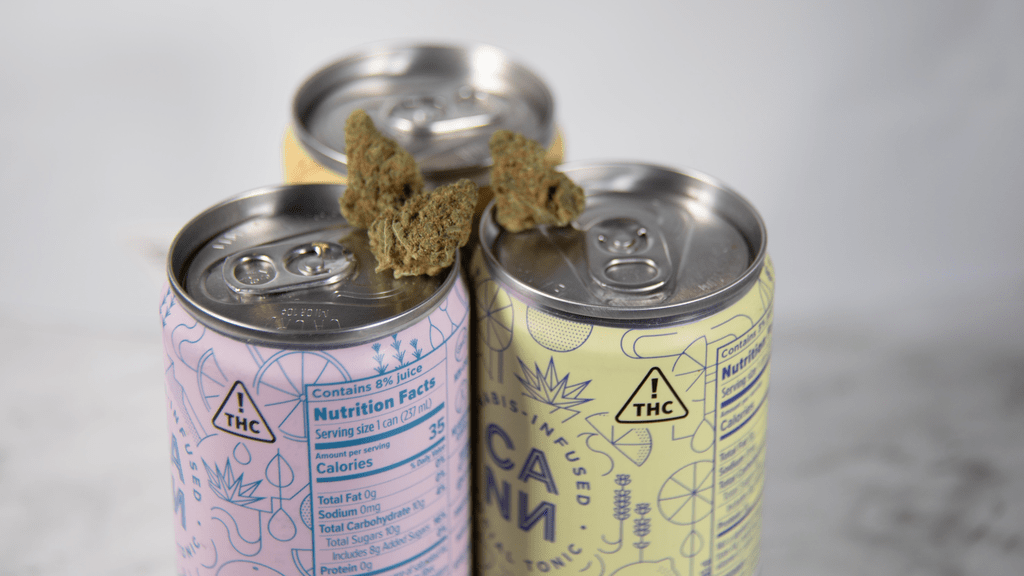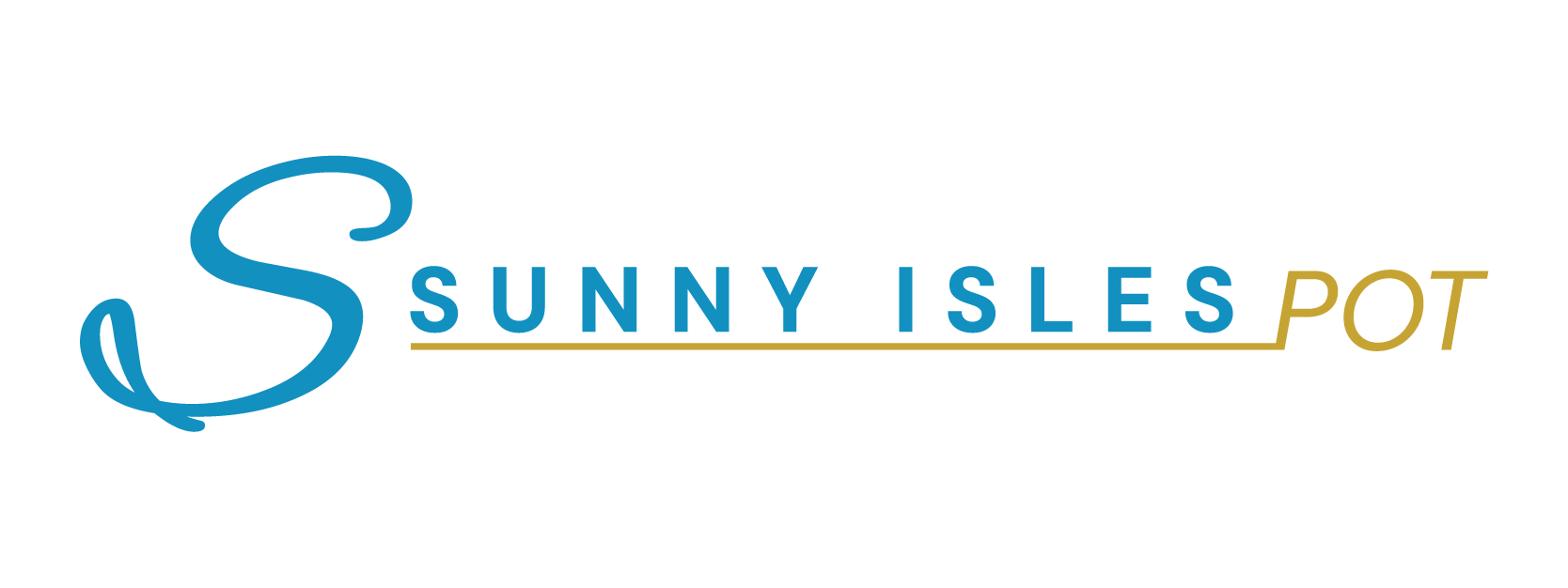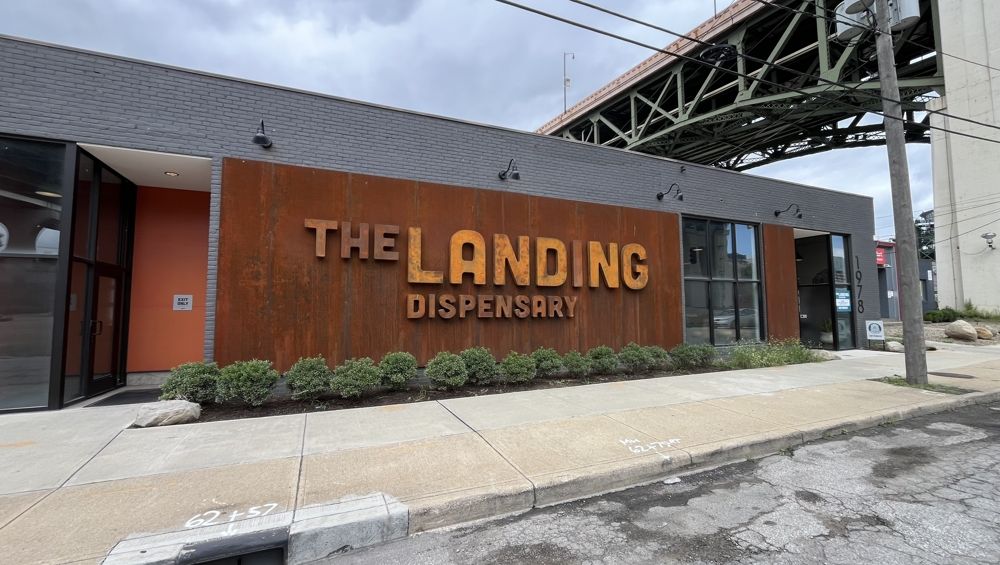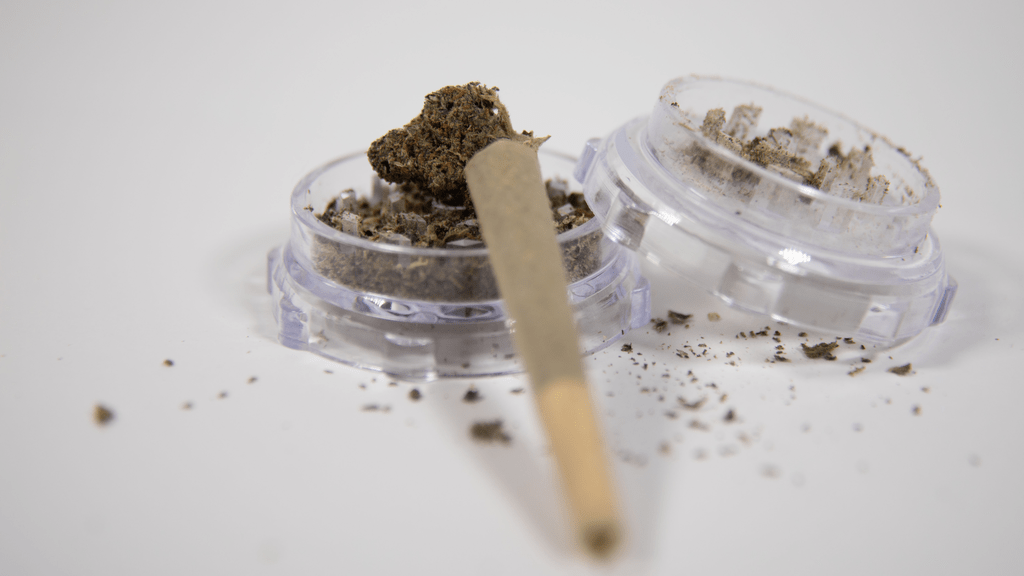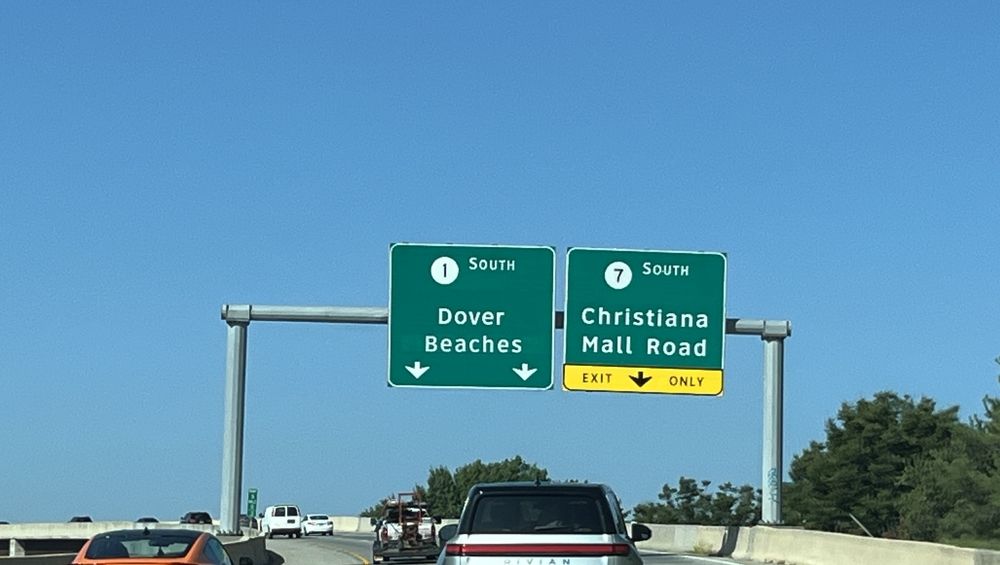-
The Sweet and Refreshing Rise of Edibles and Infused Drinks
Read more: The Sweet and Refreshing Rise of Edibles and Infused DrinksCannabis edibles and infused beverages have become some of the most in-demand products in Sunny Isles, Florida, reflecting both national trends and unique local consumer…
